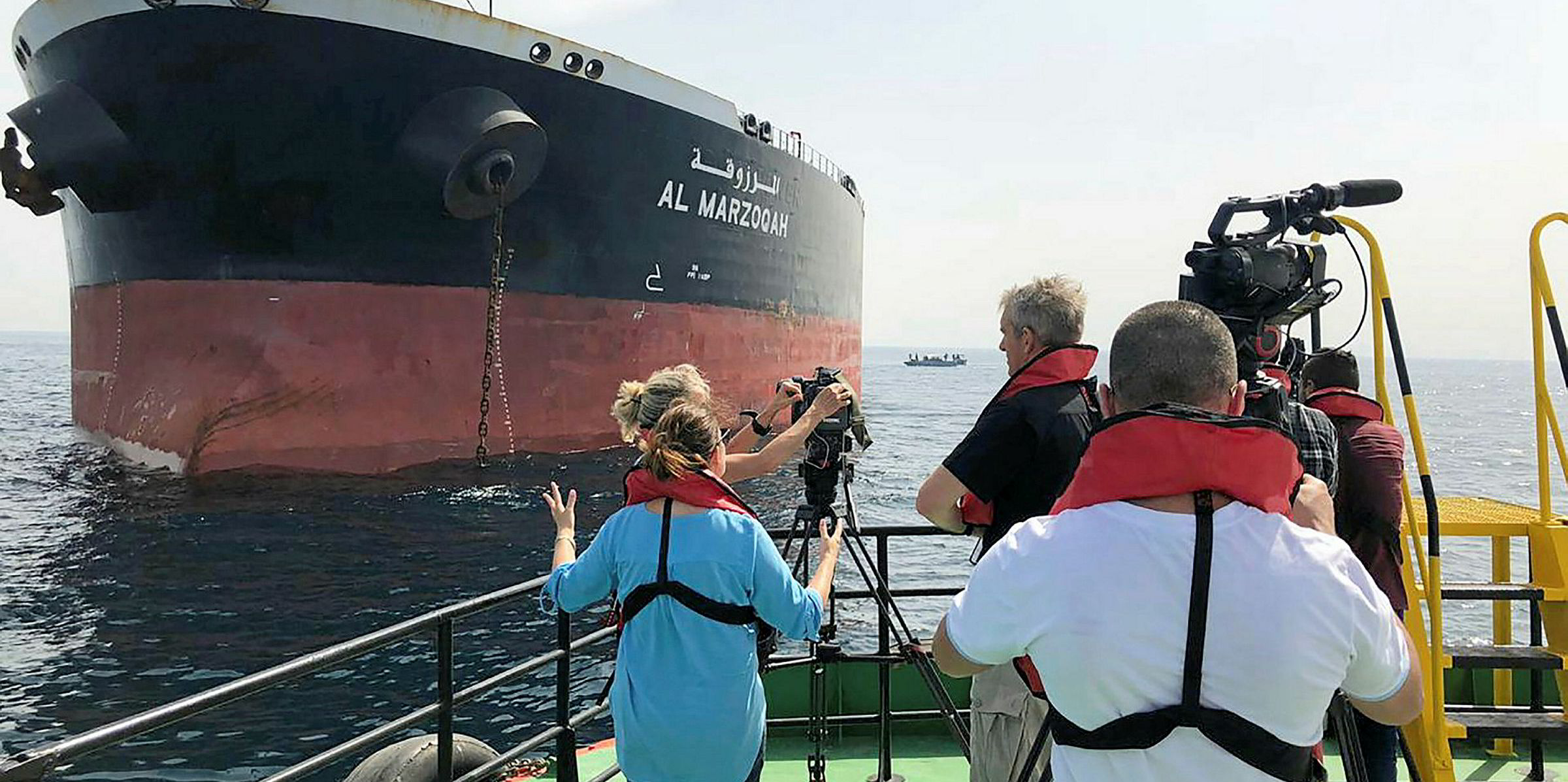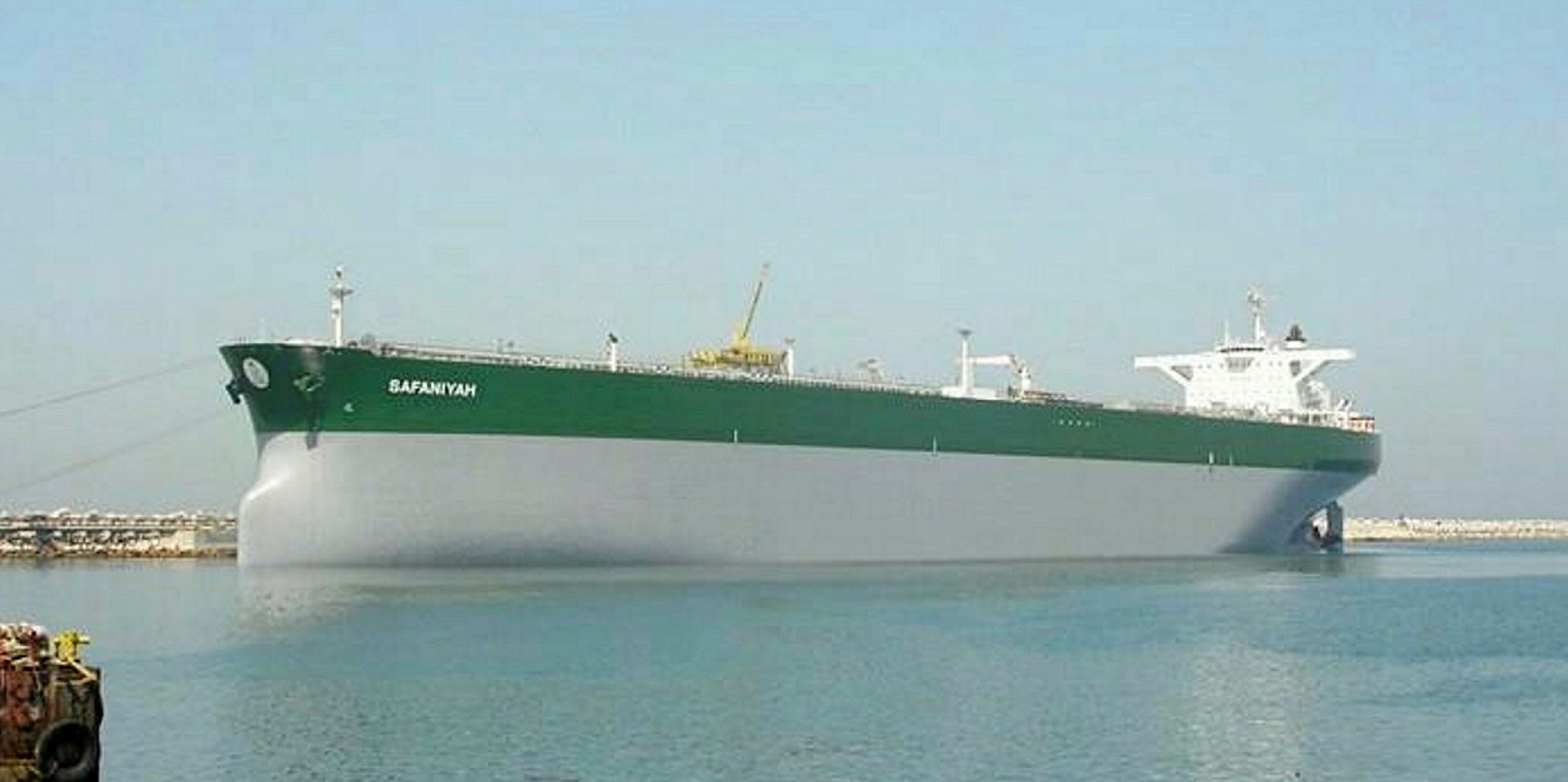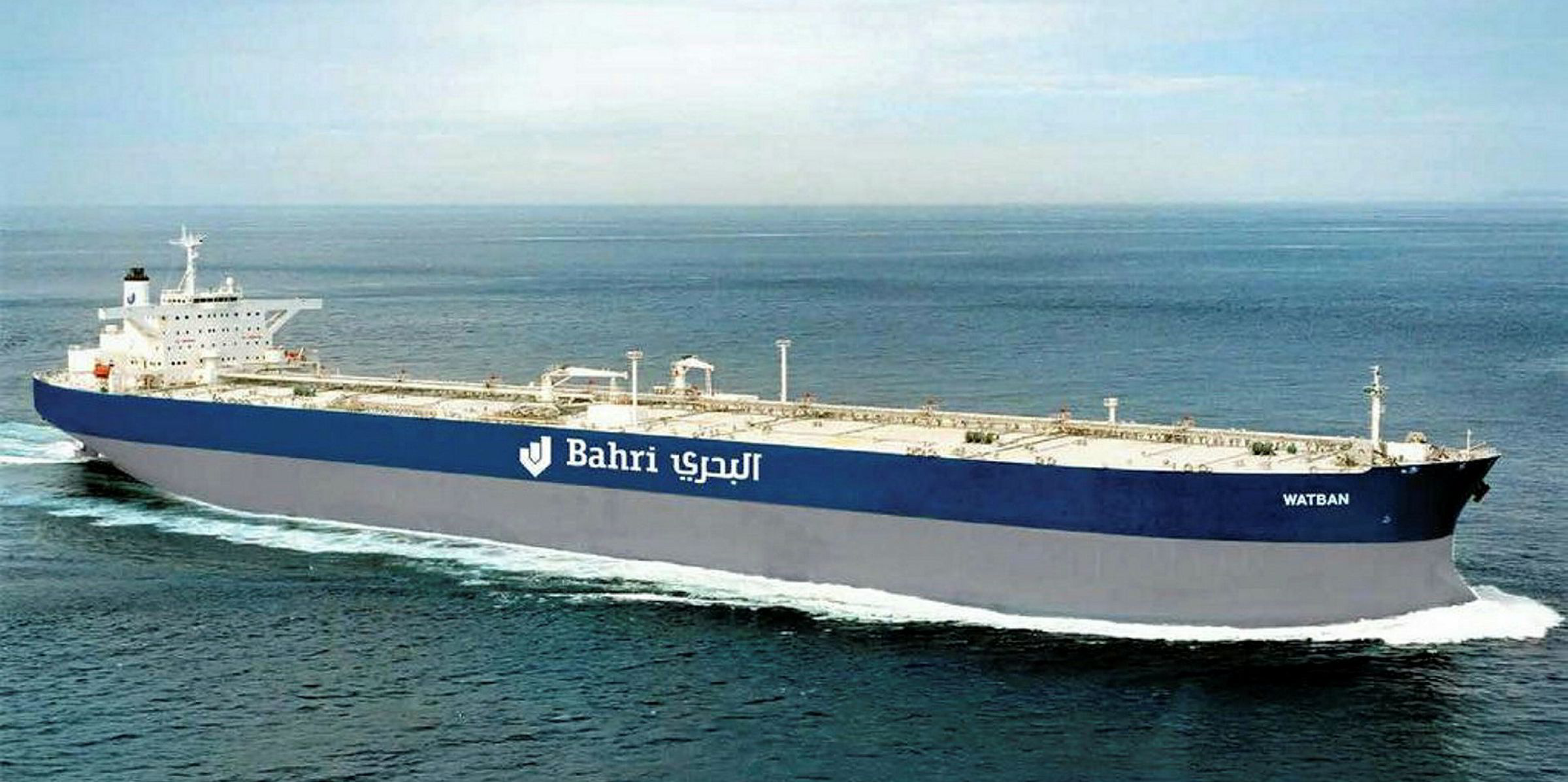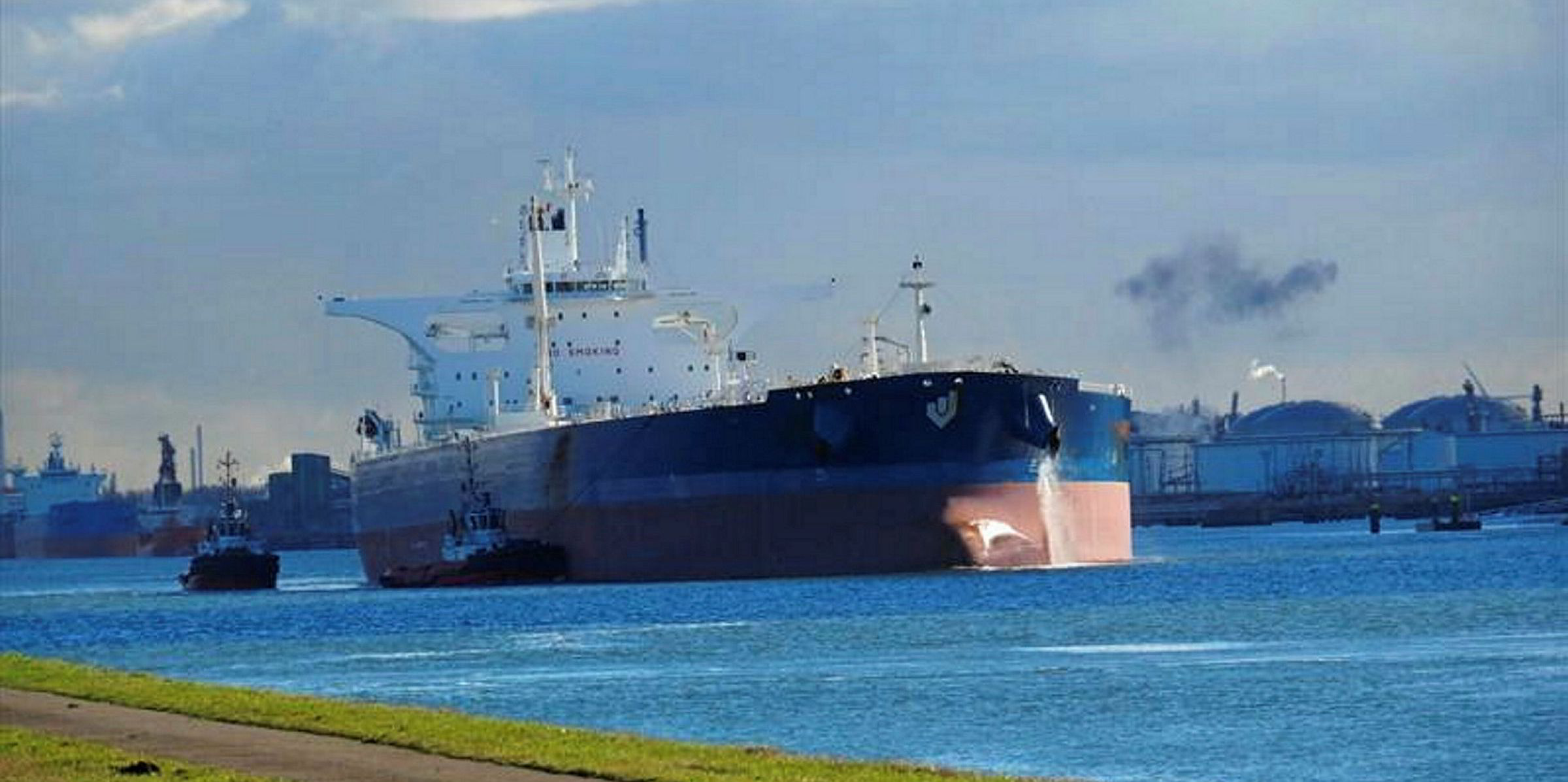Bahri and Bihar International, Saudi Arabia’s two largest tanker companies, have become the first major operators to sell large vessels for demolition in 2020.
Bahri has sold the 300,000-dwt Safaniyah (built 1997) to undisclosed shipbreakers for a reported $393 per ldt, which equates to $18.9m.
The Safaniyah is the first VLCC sent for recycling in over six months. Scrap industry sources suggest it will be going to Alang.
The last VLCC demolition deal was in June 2019, when Bahri sold the 300,000-dwt Watban (built 1996) to Indian shipbreakers for $440 per ldt.
The hot tanker markets in the second half of 2019 saw many older VLCCs continue trading, or used to store low sulphur fuel ahead of the implementation of the IMO 2020 sulphur cap.
The Safaniyah sale is a routine deal for Bahri, which has been slowly purging the last 1990s-built VLCCs from its fleet. The company is left with one older VLCC, the 300,000-dwt Ghawar (built 1996).
Tanker sources suggest the vessel has been used for storage in recent months and could be sent for recycling once this role has finished.
Bihar has also begun the year in a scrapping mood.
The company has sold its 105,000-dwt LR2 product tanker Al Marzoqah (built 1999) to undisclosed shipbreakers for $348 per ldt, or $5.9m, brokers report.
Other broking sources suggest the ship went for a much lower $4m.
The ship, which has been in the Bihar fleet since being acquired from the Wilmington Trust Company is 2012, was one of four tankers that were badly damaged in the attack that took place off the United Arab Emirates port of Fujairah in May 2019.
They were anchored or operating off Fujairah when they suffered significant hull damage from explosive devices, believed to be limpet mines, that were attached to their hulls. US and other investigations placed blame on agents acting on behalf of Iran, something that the Islamic Republic has consistently denied.
The Al Marzoqah suffered serious damage below its waterline and was subsequently written off as a constructive total loss as costly repairs were deemed to be economically unviable.
While 2019 was a dismal year on the demolition front, tanker broking sources suggest that levels will pick up this year, especially if the price differential between low sulphur fuel and high sulphur fuel remain at current levels.
Few older tankers over the age of 20 — vessels that are ripe for recycling — have been fitted with scrubbers and in the current market, would probably only be wanted by charterers for storage work.







